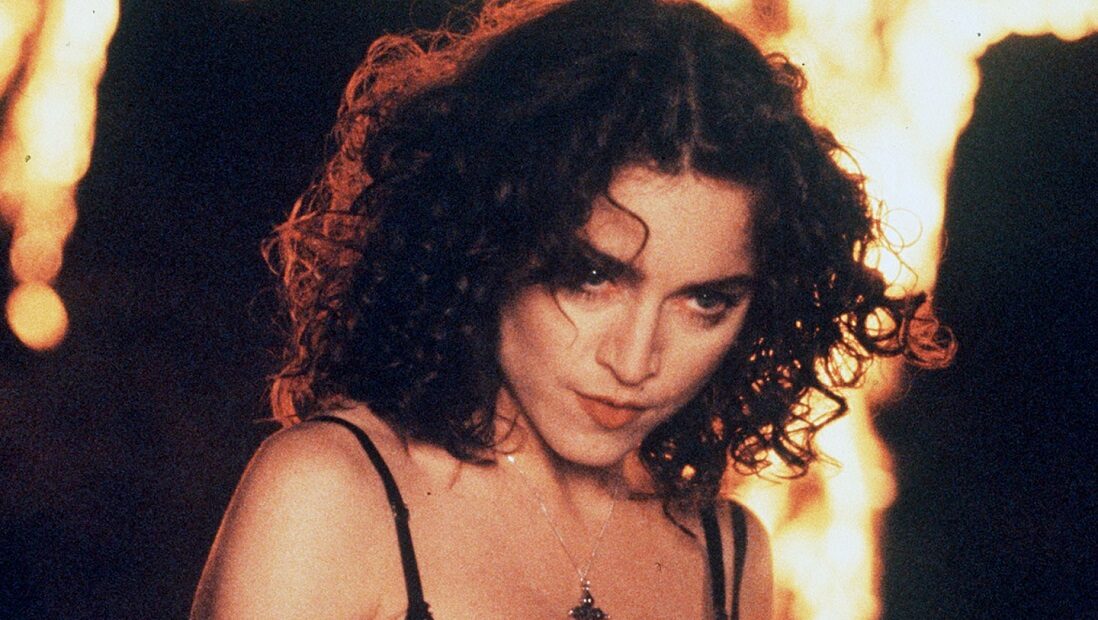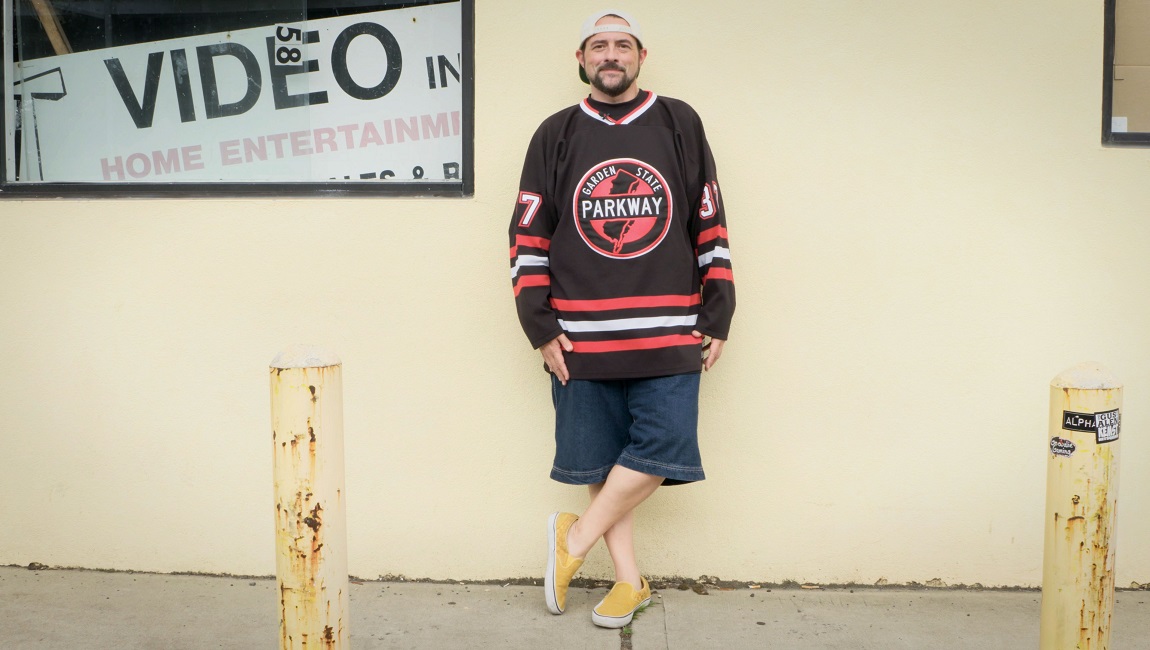Some of the most unique and provocative films of recent times have been works we might call anthropological docudramas. Adopting and expanding the tradition of Robert Flaherty, these films focus on real people in their daily surroundings, the filmmakers working with the subjects to produce dramatic facsimiles of their actual lives, applying narrative principles to varying degrees. Pedro Costa, Roberto Minervini, and Lisandro Alonso are just a few of the practitioners of this mode. In recent years, Mexican director Tatiana Huezo has achieved success with her docufictions, and she has been subtly adjusting the balance between document and narrative in these works. Tempestad (2016) exhibits more conventional documentary elements, while her most recent feature Prayers for the Stolen (2021) was far more weighted toward fictional narration.
With The Echo, Huezo seems to still be tweaking the levels, and the result is a relentlessly beautiful film that seems to shift its focus almost from scene to scene. While The Echo features many members of the farming community of El Eco, Huezo centers most of the action on a single family. The father is usually away working, and so the daily routines mostly involve a mother and her five children. Attention to these subjects is distributed somewhat evenly, but a central protagonist emerges in older daughter Montse (Montserrat Hernández Hernández). In one of the opening scenes, the mother teaches Montse how to bathe her elderly grandmother (Maria de los Ángeles Pacheco Tapia), telling the girl, “this is your job now.”
While Huezo shows us the labor involved in maintaining the farm, such as herding and shearing sheep or cutting down the corn stalks after the harvest, much of The Echo attends to Montse, her sister Luz Ma (Luz María Vasquéz González), and the younger children as they discover their place in this world. We see the younger children at school, while the bright Montse plays schoolteacher to her youngest brother, her Barbie doll, and her teddy bear. Huezo frequently cuts between the young kids playing outside and Montse and Luz Ma performing domestic chores. (After breakfast, the father admonishes his son who is about to take his plate to the sink: “That’s what women are for.”)
There is an expansive treatment of landscape in The Echo that often evokes Terrence Malick, with children running through the high grass as the soundtrack swells and Huezo races close behind them in a follow-shot. But in its exploration of life in rural Mexico, where older ways of life often clash with individual desires, The Echo bears traces of Carlos Reygadas’ influence. Much like his films, this one lionizes neither modernity nor tradition, instead emphasizing the personal toll on those who cannot seem to find their place in the community that produced them. Where many docudramas heavy-handedly assert their theme of “a culture in transition,” The Echo communicates these ideas through small gestures that accumulate to form lived experience.







